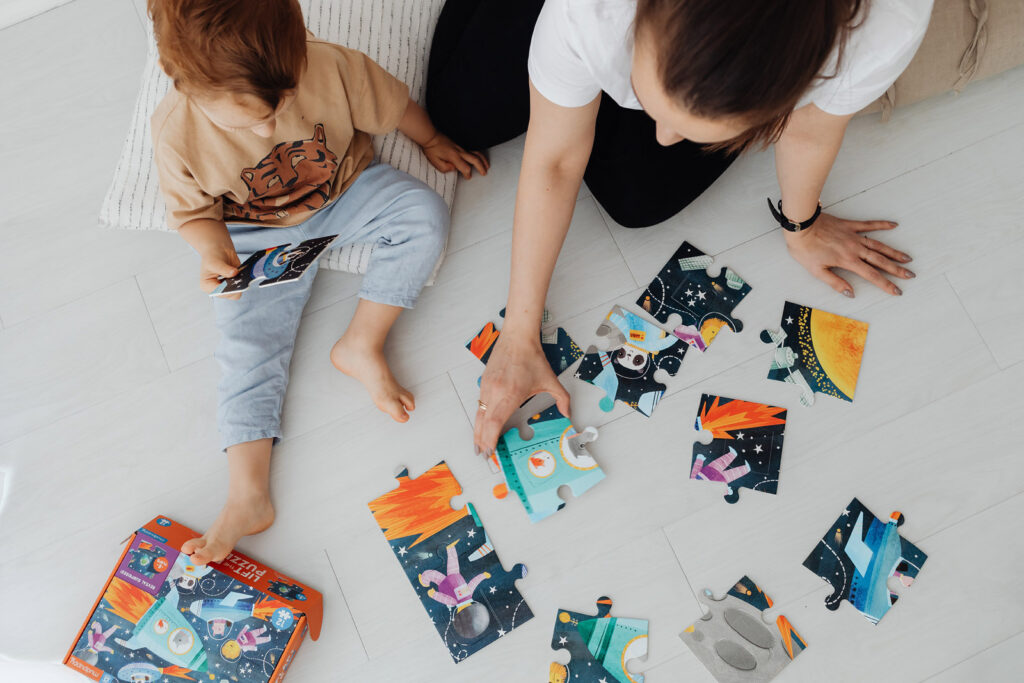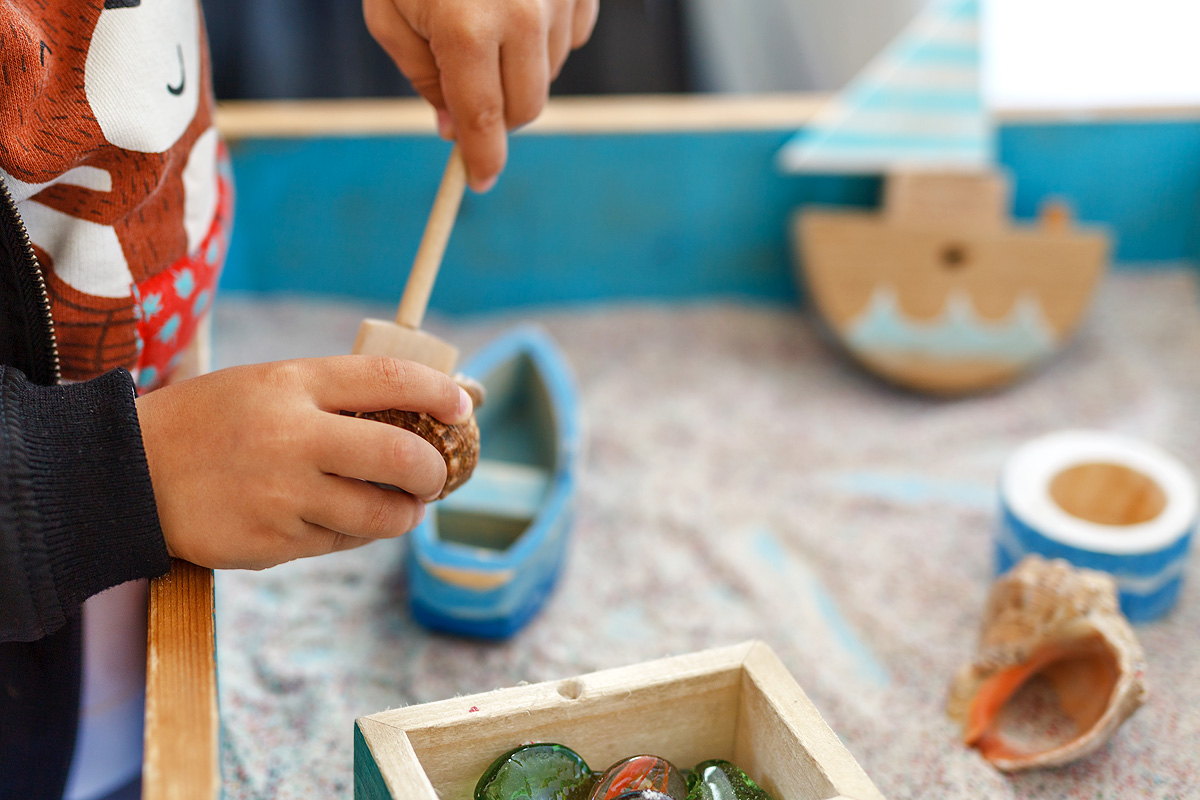Play Therapy, what is it and who is it for?
Play is a tool used to learn, grow and communicate. It is an important part of every child’s development. Play Therapy allows a child to form a trusting relationship with their therapist and tell their story in a nonthreatening environment, through play.
The therapist use’s play as a platform to help the child name up feelings and emotions. Identify self-regulation strategies and work through difficult experiences such as grief, loss, trauma and attachment issues.
It is way for the child and therapist to explore the child’s life and where their fears and anxiety stem from. The child’s mental health needs can then be met accordingly.
Research shows that humanistic, non- directive methods of play therapy are a particularly effective intervention for children who may experience behaviour, social adjustment and personality problems. (Bratton, Ray & Rhine, 2005). Typically, children aged between 3 and 11 years of age will benefit from Play Therapy. Currently play therapists can provide private services only, as MBS does not cover Play Therapy specifically.
Does it work? is it evidence based?
A study conducted in 2011 by Play Therapy UK identified between 74% and 83% of children receiving play therapy, delivered to PTUK/PTI standards, showed a positive change. It went on to reveal the more severe the problems the greater the percentage of children showing a positive change. 74% for those with slight/moderate problems, and 83% for those with severe problems. Play Therapy on average is 12-24 sessions, plus a session with the parent/carer every 4-6 weeks to assist with understanding the child’s presentation and tracking their progress together.
Jess Bellchambers – Play Therapist


